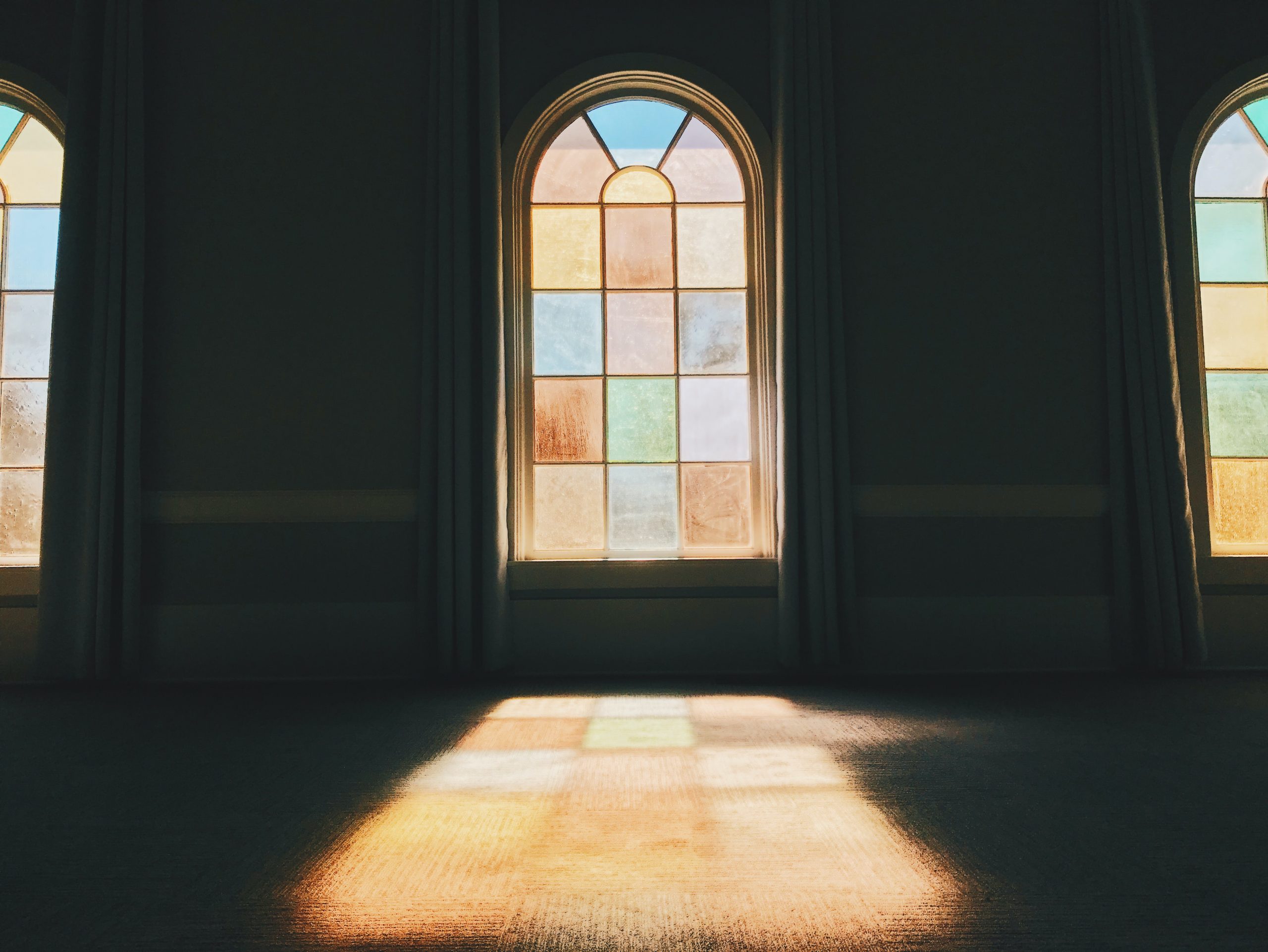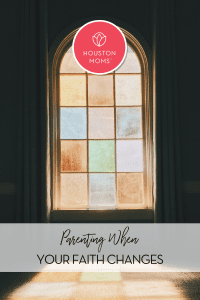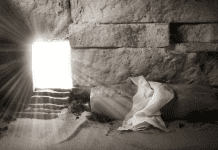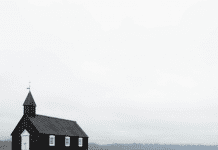Leaving the church:: it’s kind of a big topic right now. Beth Moore announced she was leaving the Southern Baptist Convention. Writer and historian Jemar Tisby began the #LeaveLoud campaign to share his story and empower Black Christians to speak out against racism in churches. Audrey Assad, a former Christian singer/songwriter recently said that she is no longer a practicing Christian. I could go on and on.
These stories are each unique and clearly cannot be painted with a broad brush. According to Gallup’s recent research, American church membership has fallen to below the majority for the first time in recorded history. Over the past few years, as churches have wrestled with the news of sex abuse scandals, conversations of racial and gender equity, COVID regulations, and of course politics, nearly everyone involved has had to ask themselves what they truly believe.
As a parent, trying to balance the needs of your kids, while also addressing your own spiritual beliefs and values, compounds this difficult process. A few years ago, my husband and I jumped headfirst into that very complex discussion with our three kids, and ultimately, decided to leave our mega-church.
Leaving is Hard
At the time, all we knew for sure is that we were burned out. We also sensed something else, but couldn’t fully articulate it:: we were in the midst of a faith deconstruction. And while we weren’t exactly sure what this meant, we felt strongly that we needed the freedom to explore, question, and see where this would lead. For us, that meant leaving.
When we first brought this up to our kids {they were around 5, 8, and 10 at the time}, they were understandably sad. We were all sad! The church had been our community and consumed our family identity for so long. Our kids had grown up there and were well-loved by the nursery workers and children’s teachers. We had dear friends and a community of people we could count on. It was heartbreaking and a little scary. What would life look like without this church? We decided to take 6 months off to visit some other places. If we all missed it and wanted to come back after that, great! But what if the time away gave us relief? And showed us the possibility of a different kind of life? We tried to frame it as a sort of adventure. We would visit different churches, {this was before COVID} and allow ourselves to be open to new experiences, even if it was hard.
With much prayer, anxiety, and a few tears, we began our adventure. We actually started off by enjoying some lazy Sundays in our pajamas, not going to church at all. While this sounds like a normal weekend for many, it had been extremely rare for us. Sundays {and Wednesdays} were usually packed with church services, Sunday School, a small group or youth group meeting, a choir rehearsal or band practice, a business meeting, or a leadership event. Not attending church on Sundays had always been an indication of some kind of “backsliding” in my mind and now suddenly, here I was among those I had narrow-mindedly judged as faithless, enjoying a park with my family on a Sunday morning. I was picking up my groceries for the week, walking the dog, or engaging in any number of other non-religious activities at 11 am on a Sunday morning but surprisingly, it didn’t feel as scandalous as I’d imagined. There were no lightning bolts from heaven or even twinges of guilt. It was a nice change of pace. We found ourselves with margin we hadn’t even known was missing.
Finding Something New
For the weeks we did attend church, we intentionally chose places with different beliefs. I sat in pews and folding chairs of auditoriums, sanctuaries, and gyms, tears rolling down my cheeks. It wasn’t sadness. It was relief and hope. We were hearing women preach for the first time. We were seeing more diversity of both age and race. We were all invited and able to receive communion together. We heard and saw the inclusivity and affirmation of the LGBTQ community for the first time. We sang new songs and were invited to join prayers we had never heard. I’m so grateful for that time and the range of experiences we all had, including my kids.
After the six months were up, my husband and I both knew we would not return to our old place of worship. We had found another church. It was small, unpolished, and imperfect of course, but aligned in many ways with the new values we were forming. We tiptoed our way into involvement- just one hour on Sunday mornings at first and several months later joined a small group. Maybe that sounds fast to some, but to us, the previously over-committed-Super-Christians, it felt slow.
I bought artwork that portrayed God in a nontraditional way and displayed it proudly in our home. We started incorporating different prayers that resonated with our new beliefs at dinnertime. We began some nontraditional spiritual practices like meditation and even composting as ways to express our faith, encouraging our kids to connect to God through nature and relationships. We gradually made some friends, ones we never would have met before- friends that we had judged in our old ways of thinking- people that I sadly and ashamedly had distanced myself from. We were reading new books and exploring new ways of seeing and thinking about God, finally finding the words to express our changing faith. I was discovering that the Church {big C} was bigger than I had ever imagined and that God was present in all of these people and different ways of worshipping and believing. I found a connection to God in a new way during that time.
Embracing the Mystery of Faith
We now say things to our kids like “I used to believe that, but I don’t anymore.” It’s been incredibly humbling. We intentionally use the phrase “Some people believe that but you don’t have to” when talking about questions of the Bible and God to show we no longer value certainty but do respect the beliefs of others. We want to carefully hold their very real and honest questions about life, death, God, and the Bible as legitimate- honoring the mystery that exists. We don’t have all the answers. The main thing we hold to now is that God is love.
So while we did leave our church, I find I’m still holding onto faith and want to give my children an understanding of God even if it looks different than what I had before. I no longer believe faith is a commodity for the certain. It doesn’t exist only for a specific political party or as an award to those who attend church every Sunday. I still question my faith, but I’m not giving it up. I don’t have all the answers but I’m doing my best to sit in the mystery and share that journey with my kids. They don’t need me to have it all figured out, but I think they do want to know they’re not alone. I hope they remember that we purposefully sought out and listened to the voices of those who had been shut out of our faith tradition and I hope they’ll continue to follow that lead. Our faith may have changed but we didn’t give up. Jesus doesn’t belong only to the faithful and the certain.

















